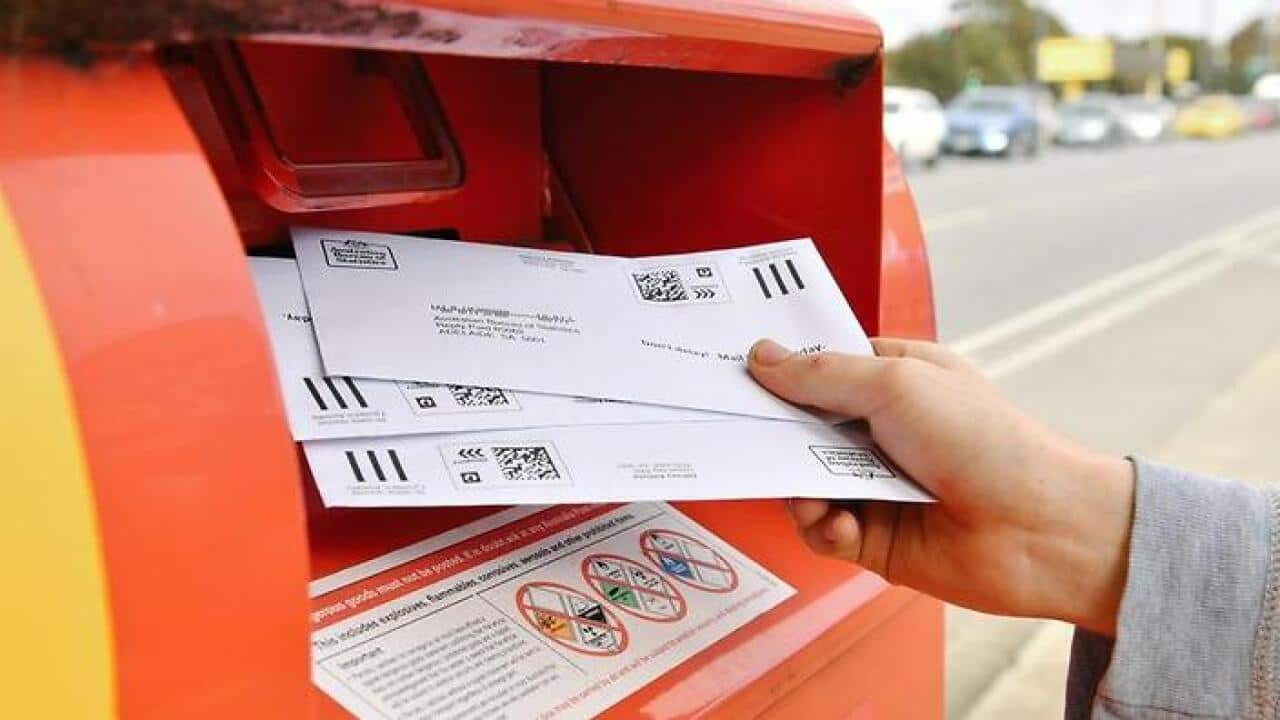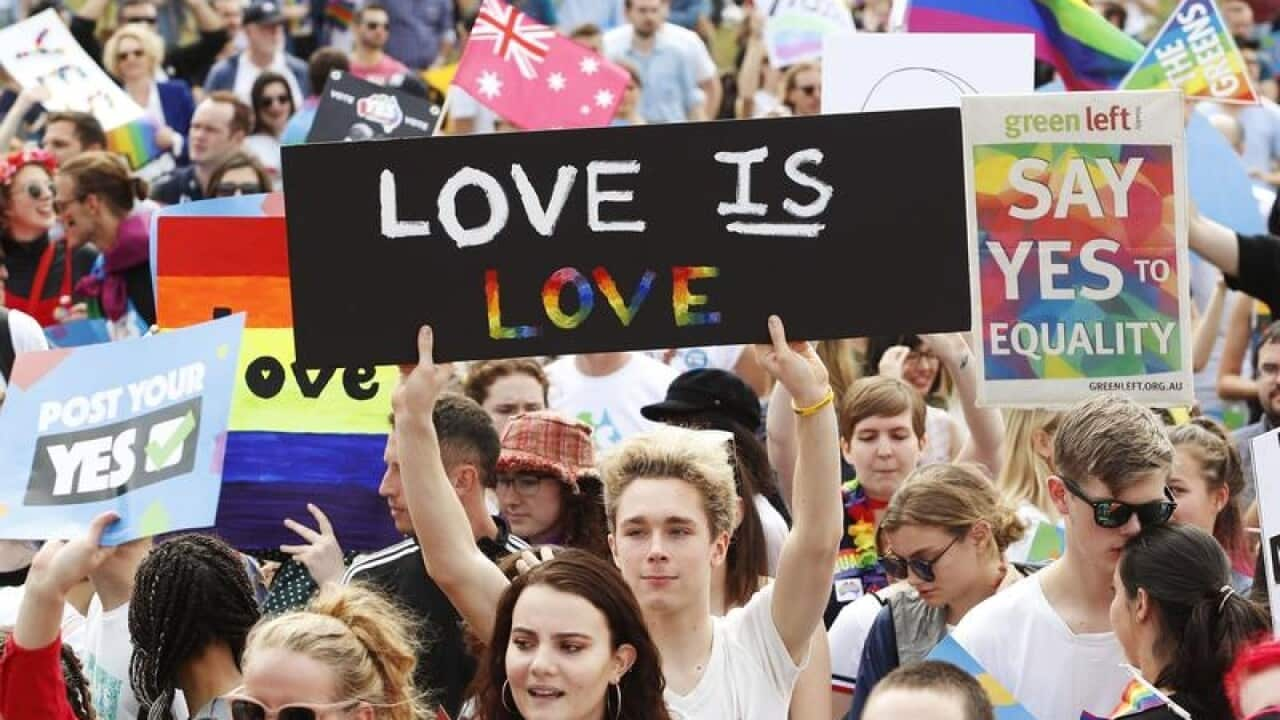Australians have – with a majority 61.6 per cent of responses to the Yes vote and 38.4 per cent voting No.
What happens now?
The government has pledged to pass a private member’s bill allowing same-sex couples to marry before parliament rises for the Christmas break. That will give the government eight parliamentary sitting days to do so, with the final sitting day scheduled for December 7. Parliament could however, be extended.
The bill could include protections for religious freedoms, parental rights and freedom of speech, amid a push by conservatives within the government.
Special Minister of State Mathias Cormann said the government would facilitate consideration of a private members bill.
“The parliament over the next few weeks will need to determine the right balance in terms of the appropriate religious protections. We are very confident that that debate will be able to take place,” he said.
What are the options for legislation?
Liberal Senator Dean Smith has proposed a private member’s bill to legalise same-sex marriage which will include protections for religious bodies and ministers to be exempt from performing same–sex marriage ceremonies.
But another Liberal Senator, James Paterson, has proposed a different bill which will give bakers, jewellers and florists the right to refuse to provide services for same-sex weddings.
This alternative bill has been widely accepted by some conservatives within the government as a better option.
What happens in parliament?
Prime Minister Malcolm Turnbull has confirmed all coalition parliamentarians will get a ‘free vote’ in parliament, which means they can vote according to their conscience. Most Labor MPs – despite some of their electorates having voted a majority ‘No’ against same-sex marriage- are likely to vote 'Yes'.
There is contention on how certain parliamentarians will vote in the House of Representatives and the Senate.
Some have said they will respect the outcome of the national vote, while others have said they’ll vote according to the majority result of their electorate.
For example, Nationals MP David Littleproud had indicated he’d vote according to his Maranoa electorate, which was one of the only electorates to oppose same-sex marriage according to polling last year.
Conservative Liberal senator Eric Abetz said shortly after the result was announced that he would “consider” what his final vote is.
Regardless, votes in support of the bill are expected to be in the majority.






